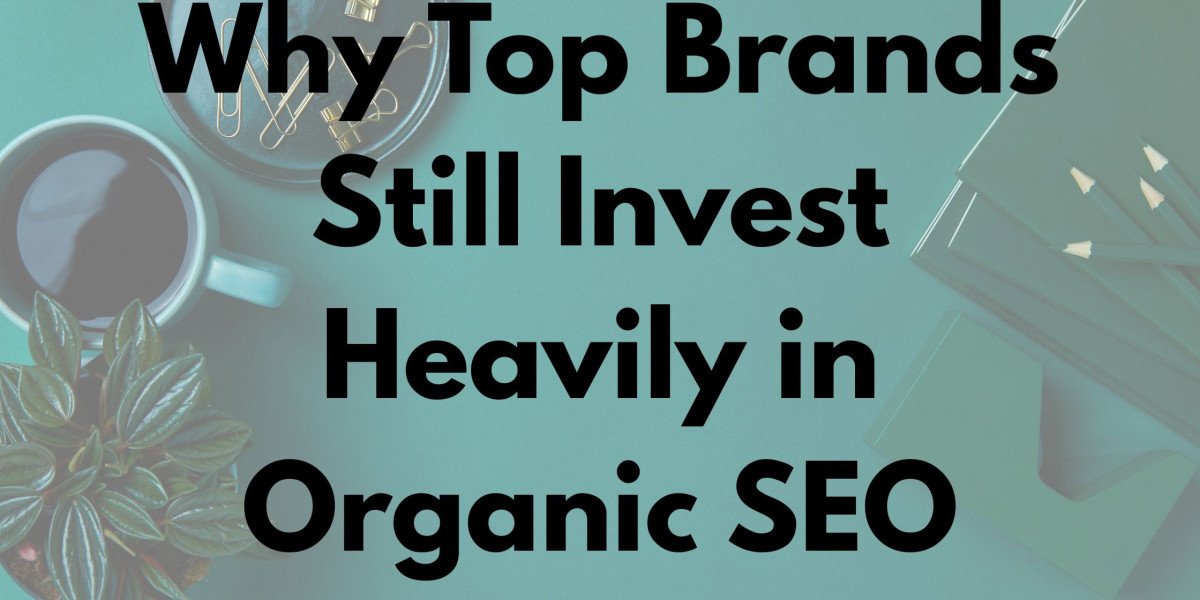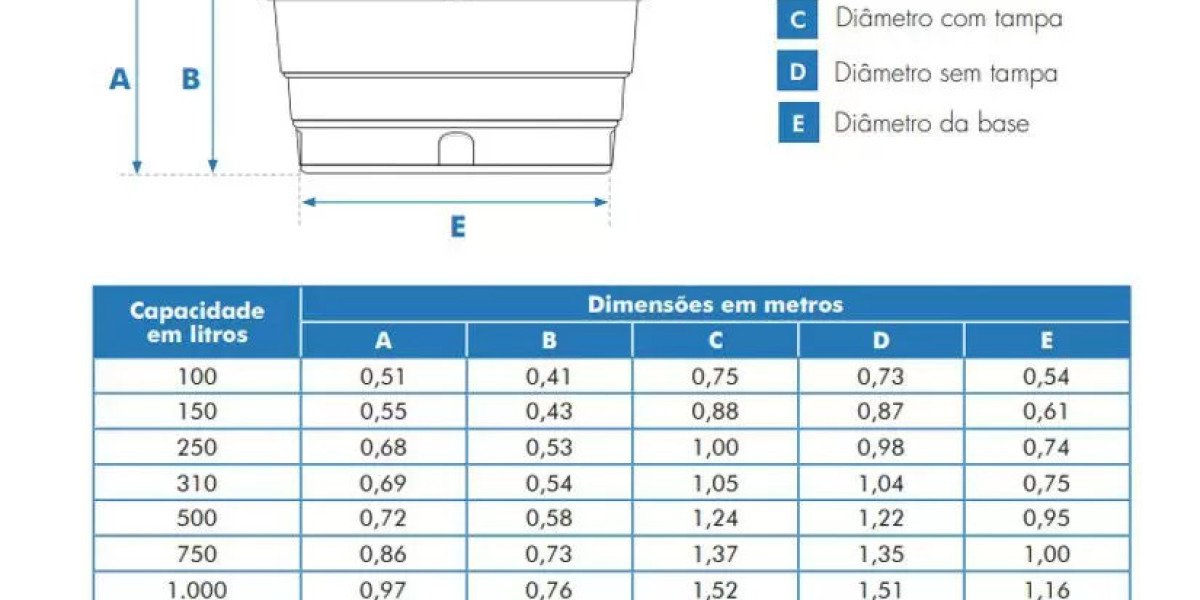Here’s something they don’t tell you in flashy marketing seminars: the world’s most powerful brands—those with seemingly bottomless ad budgets and global name recognition—still pour millions into organic SEO. Why? Because in a landscape where trends fade overnight, organic visibility continues to deliver sustained growth, trust, and reach that money alone can’t buy.
Think about it. These companies could spend endlessly on ads. They could dominate every sponsored space online. But they don’t rely solely on that. Instead, they continue to invest in SEO—meticulously, strategically, and consistently.
There’s a reason for that. Actually, several. And once you understand them, you’ll see why this isn’t just a marketing channel. It’s a competitive advantage.
SEO Is a Long-Term Asset, Not a Cost
Let’s be honest—ads are addictive. They bring clicks. Fast. But here’s the kicker: the second you stop paying, the visibility dries up. And what are you left with? A bill, and maybe a few leads that already bounced.
Top brands know this all too well. They treat organic SEO not as a cost center, but as an asset—one that grows in value over time.
Think of organic rankings like digital real estate. A high-ranking blog post, guide, or landing page can bring in traffic for years without additional spend. And unlike PPC, where you rent visibility, SEO helps you own it.
When you’ve spent years optimizing your site structure, strengthening backlinks, and delivering value-driven content, you’re building something that compounds. That’s why brands like Amazon, Apple, and HubSpot invest heavily in their organic foundations—even though they could easily dominate through ads alone.
Trust Isn’t Bought—It’s Earned Through Organic Search
Here’s something search data keeps revealing, year after year: users trust organic results more than ads. It’s subconscious. They know those top unpaid listings earned their spot.
That trust is powerful—and top brands are obsessed with it.
When a consumer sees your brand ranking high organically across different searches, it builds subconscious credibility. They start associating your brand with relevance, authority, and legitimacy.
And the effect is measurable. Click-through rates are significantly higher for organic listings, especially for commercial-intent keywords. In some sectors, over 70% of clicks go to organic results, leaving paid listings with scraps.
So, while competitors are chasing quick hits through ads, top brands are quietly claiming digital mindshare—one organic result at a time.
It’s the Only Way to Scale Visibility Without Scaling Cost
Paid campaigns scale cost directly with reach. Want double the visibility? Pay double. Want to maintain that reach? Keep paying—forever.
Organic SEO works differently. Once you’ve established a strong technical foundation and a flow of quality content, your visibility can increase without ballooning costs.
This is especially critical for global brands managing multilingual or multi-region SEO strategies. Paid campaigns in every region would be prohibitively expensive. But with a smart SEO strategy? You can build relevance at scale, with localized content, structured data, and search-friendly architecture.
It’s a strategy that pays for itself—and keeps paying.
Organic SEO Supports Every Stage of the Buyer Journey
Let’s say someone just heard about your brand for the first time. They’re curious. What do they do? They Google you.
Now, what happens if your organic presence is weak? If your blog is outdated, your pages don’t rank, or your content doesn’t answer their questions?
You lose them. And you don’t even know it.
Top brands understand that SEO supports the entire customer journey, not just the last click. From early research to final comparison, users turn to search at every stage. If you’re not showing up organically—early and often—you’re losing customers before they even enter your funnel.
Organic content like how-to guides, product comparisons, case studies, and FAQs helps nurture trust and drive conversions. Paid ads can’t fill that role. They're great for pushing a product. But organic SEO? That’s how you build a relationship.
Technical SEO Is Their Quiet Weapon
It’s not just about writing blogs. Top brands invest heavily in technical SEO—the part of search optimization that lives under the hood.
We’re talking about:
Site speed optimization
Mobile responsiveness
Structured data and schema markup
Crawl budget management
Core Web Vitals
Accessibility best practices
These things might sound dry, but they’re mission-critical. Without technical SEO, even the best content gets lost in the digital void.
Brands like Nike and Shopify don’t take chances with this. They audit constantly, fix aggressively, and adapt to algorithmic shifts with precision. Their sites don’t just look good—they’re engineered to perform flawlessly in search.
And here’s the takeaway: you don’t need to be a billion-dollar company to do the same. The principles are accessible. The execution is the difference.
Content Is Still King—But Context Is Now the Throne
We’ve heard it a million times: content is king. And it’s still true. But in 2025, context is everything.
Google doesn’t just look at keywords anymore. It evaluates:
Topic clusters
Semantic relationships
Search intent
User behavior
Engagement patterns
Top brands no longer publish content in silos. They create content ecosystems—interconnected, thematic, and strategically mapped. This isn’t about cramming in keywords. It’s about delivering depth, relevance, and structure.
Take Salesforce, for example. Their blog isn’t a collection of isolated posts. It’s a structured web of insights, guides, and industry commentary—all optimized to support both readers and search engines.
That’s not by accident. That’s SEO with vision.
They Play the Long Game—And It Pays Off Big
Here’s the real reason top brands double down on organic SEO: they understand the compound effect.
SEO takes time. Results aren’t instant. But once it kicks in, it’s like momentum—you gain authority, visibility, and traffic without the need to push constantly.
And the longer you invest, the stronger the returns:
Older domains with consistent SEO see more trust signals
Long-form content earns more backlinks over time
Keyword rankings solidify and expand
Evergreen content becomes a lead generation engine
That’s why brands like IBM or Adobe still publish SEO-focused content consistently. They’re not chasing trends. They’re building permanent digital capital.
It’s a quiet strategy. But it’s the one that wins.
SEO Data Fuels Smarter Business Decisions
Another hidden benefit of investing in organic SEO? The data.
SEO analytics provide deep insights into:
What your customers are searching
How they phrase questions
Where they drop off in the funnel
What topics are gaining traction
Which content drives actual conversions
Top brands mine this data relentlessly. They use it to inform product development, UX improvements, content strategy, and even paid campaign targeting.
In essence, SEO is more than a marketing channel—it’s a business intelligence tool. And unlike third-party data, SEO data is first-party and behavior-based. It’s accurate, ethical, and actionable.
For big brands operating in competitive markets, that’s pure gold.
Organic SEO Is Resilient in a Privacy-First Era
The digital ad space is undergoing a quiet revolution. Third-party cookies are disappearing. Tracking is becoming harder. And users are demanding more privacy.
That’s where organic SEO shines. It doesn’t rely on user tracking or retargeting pixels. It’s consent-free, privacy-respecting visibility.
Brands that over-relied on paid retargeting are scrambling to adapt. Meanwhile, companies with strong organic strategies are unaffected. Their visibility comes from earned authority, not user surveillance.
In a world that’s increasingly privacy-conscious, SEO is future-proof. It gives you access to your audience without invading their space.
Even Google Prefers Organic (Yes, Really)
It might sound ironic, but Google itself has made it clear: organic results are the heart of its mission. Ads support the model, sure—but Google’s long-term credibility depends on reliable, unbiased organic results.
Why? Because that’s what keeps users coming back.
That’s why algorithm updates focus on things like:
Reducing spam
Promoting expertise
Highlighting original content
Prioritizing page experience
And who benefits the most? Brands that invest in organic SEO.
So while everyone else worries about how to “survive” the next algorithm update, top brands are future-proofing their strategy by aligning with what Google wants at its core: trustworthy, relevant, user-first content.
Conclusion: A Strategy for Brands That Think Ahead
The smartest brands in the world aren’t investing in organic SEO because they have to. They’re doing it because it works. Because it’s proven. Because it builds trust, drives sustainable growth, and puts them in control of their digital future.
In a world chasing quick wins, SEO is the quiet power play. It’s how top brands keep winning—even when no one’s watching.
And if you’re serious about building real digital momentum, the path is clear: partner with an experienced Organic SEO company that understands not just the mechanics, but the mission of SEO in 2025.








